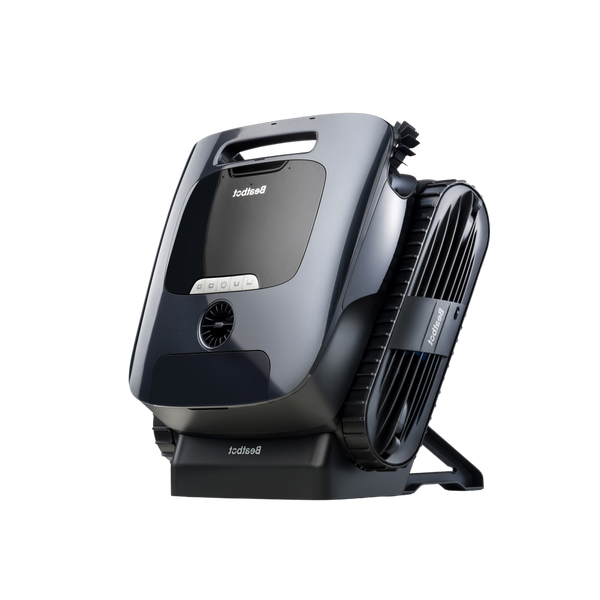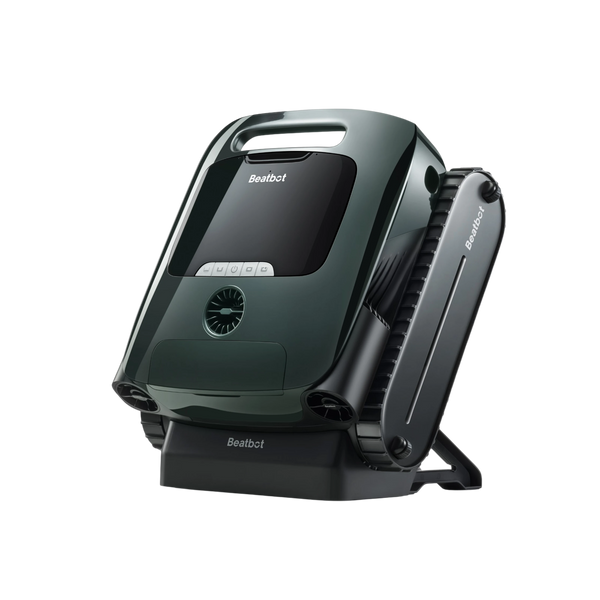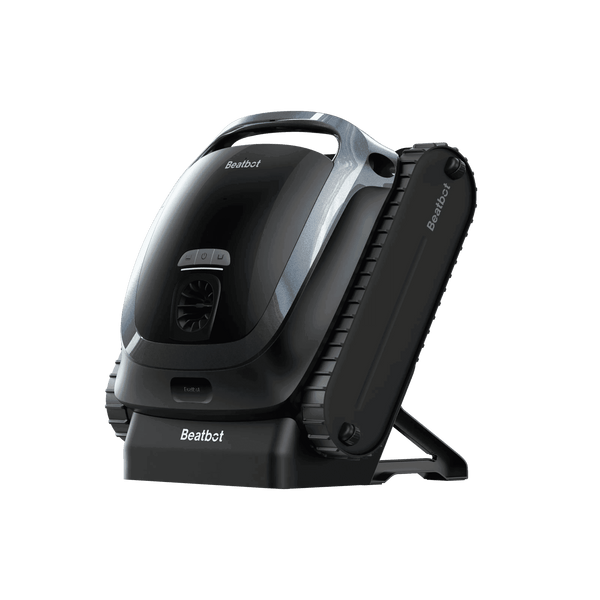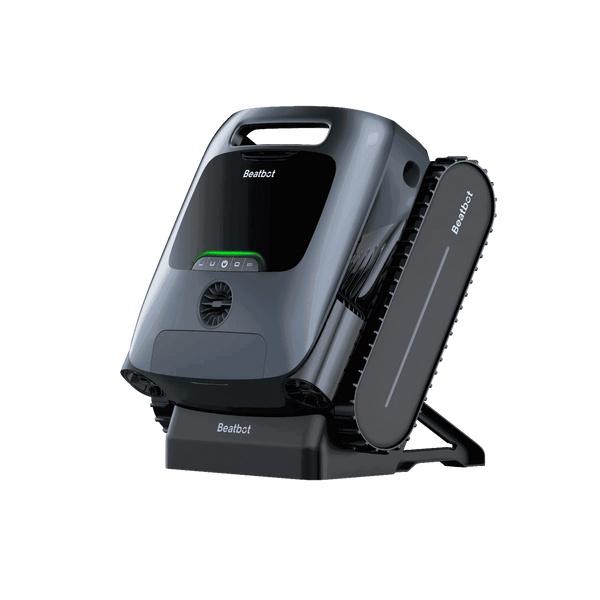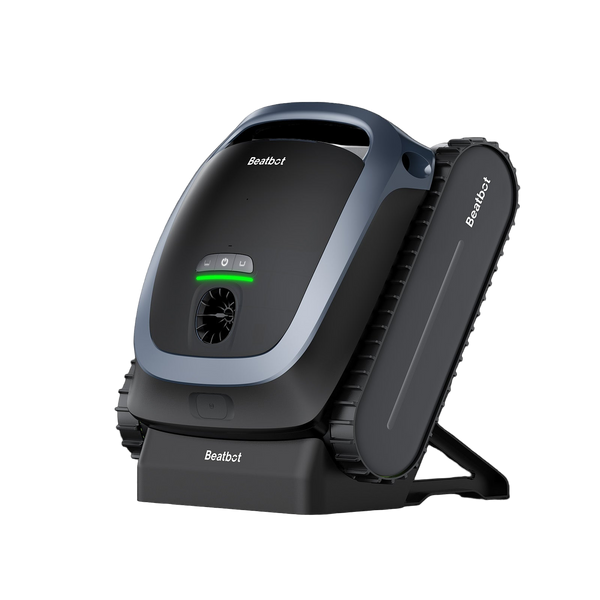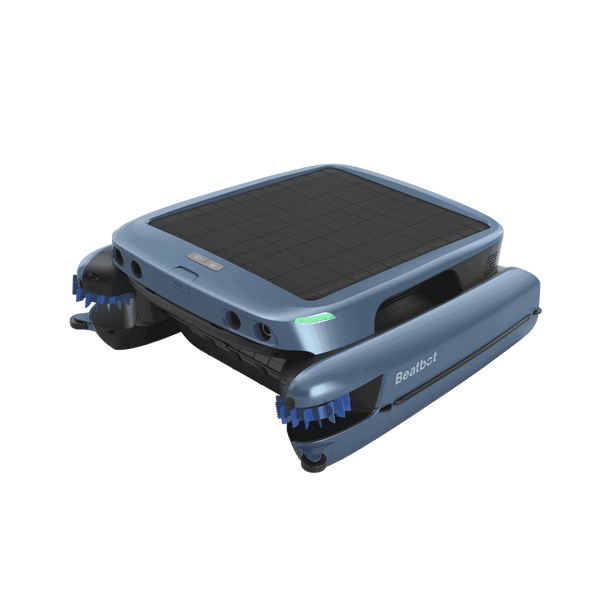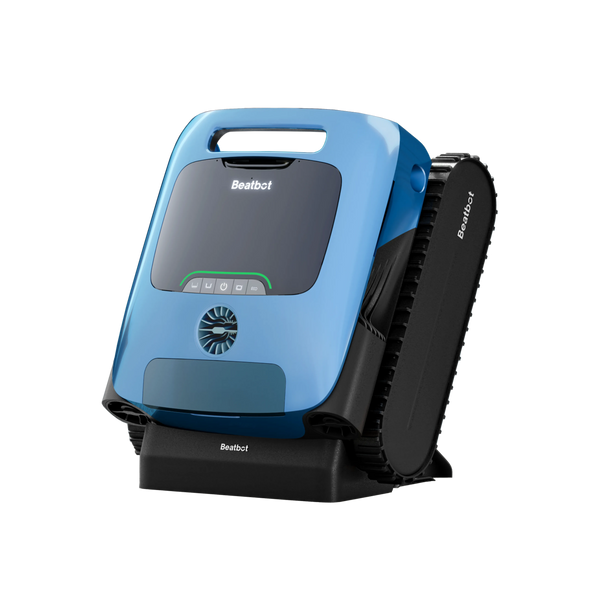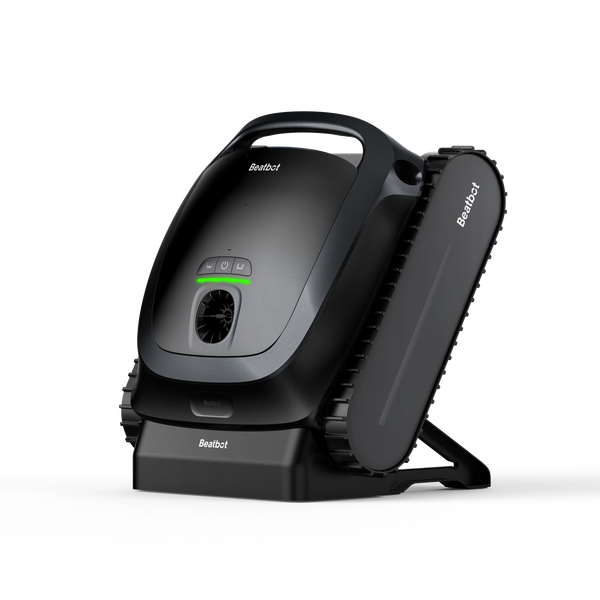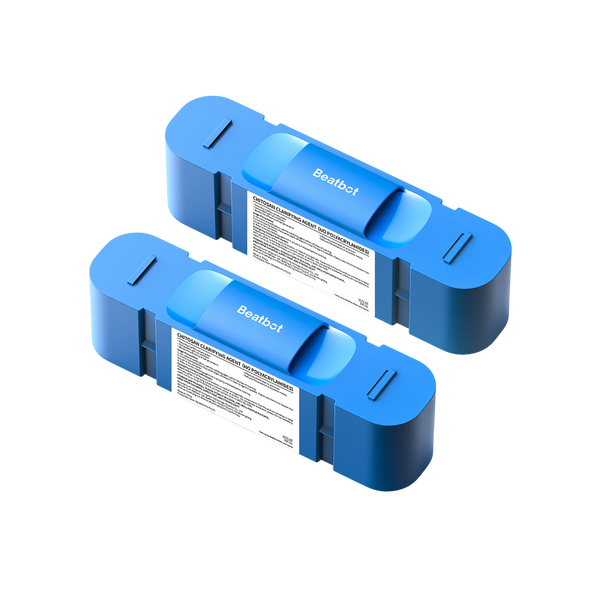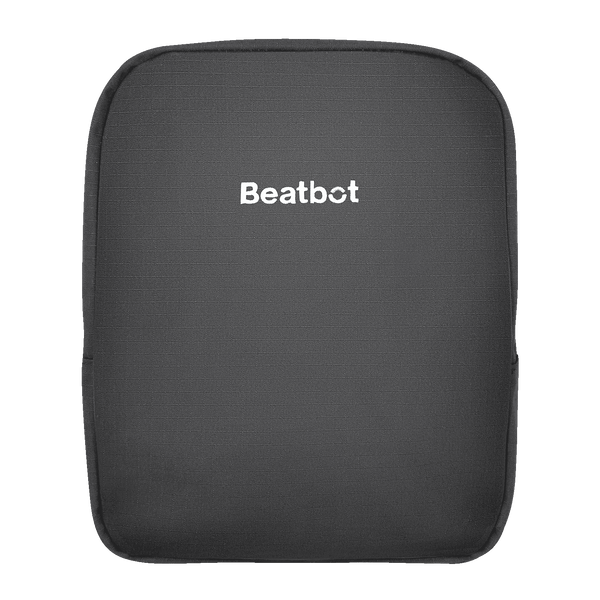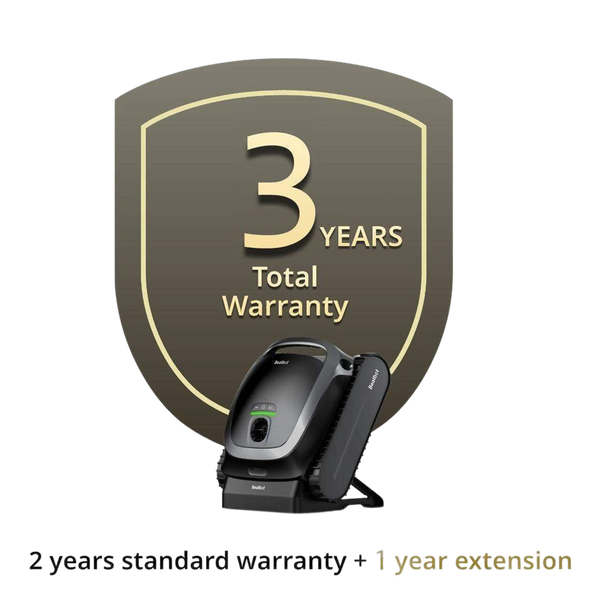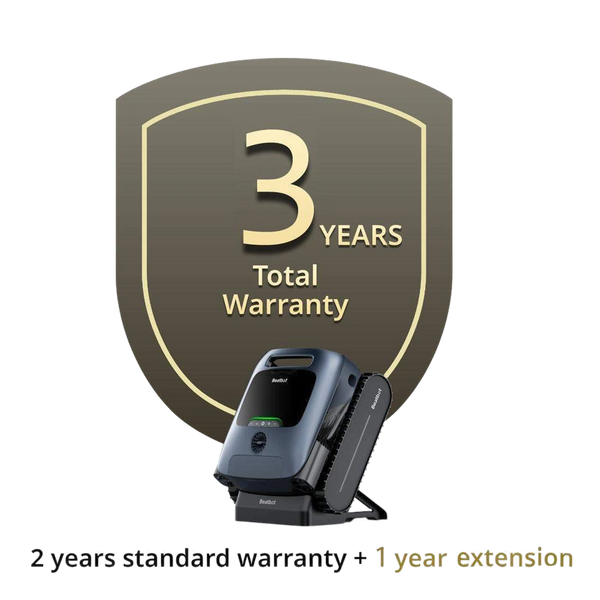Robotic pool robots can save hours of scrubbing and vacuuming by doing the work for you. But buying one is not as simple as picking a random model. If you choose the wrong unit, you could waste money and still struggle with a dirty pool.In this article, we will go deeper into the factors that matter, so you feel confident when choosing a robotic pool cleaner for your backyard.
Best Robotic Pool Cleaner for Your Pool Type
The first step in making the right decision is matching the cleaner to your pool.
If you own an inground pool, you will likely need a stronger model with a long cord, advanced navigation, and wall-climbing ability. These pools are larger and demand more powerful suction. That is why it makes sense to look for the best robotic pool cleaner for inground pools rather than settling for a generic option.
Above ground pools are usually smaller and less demanding. In these cases, you may not need an expensive unit with advanced technology. Instead, the best robotic pool cleaner for above ground pools might be a compact and affordable model that handles the floor without unnecessary features.
Pool size also plays an important role. If you own a large backyard pool, you should think about run time and suction strength. Investing in the best robotic pool cleaner for large pools ensures the machine does not stop mid-cycle. On the other hand, if your pool is small, you can save money and energy by selecting the best robotic pool cleaner for small pools that is built for compact spaces.
Are you still scrolling on Reddit, hoping to find the best robotic pool cleaner? The Beatbot Aquasense 2 Ultra is a smart choice for both above ground and inground pools.It uses HybridSense mapping with an AI camera to clean efficiently and comes with a 5-in-1 system that handles floors, walls, steps, and the waterline.
With debris detection, side brushes, and one-click parking, it takes care of everything from fine dust to large leaves. Its path mapping system allows the cleaner to move efficiently, even in pools with different depths and shapes.
Corded vs Cordless Robotic Pool Cleaner
Corded units are more common and often less expensive. They can run continuously as long as they are plugged in. For homeowners who want long cleaning cycles without worrying about batteries, this can be the smarter option. However, cords can sometimes tangle, especially in large or irregularly shaped pools.
Cordless cleaners solve this problem by using rechargeable batteries. They are easy to handle and safe from tangling issues, which makes them appealing. The tradeoff is shorter run time.
Battery technology has come a long way, and the Beatbot Aquasense 2 Ultra can run long enough to finish a full cleaning cycle. Depending on the mode, it lasts up to 10 hours for surface cleaning, up to 5 hours for floor cleaning, and up to 5 hours for walls and waterline cleaning. With that range, it has more than enough time to keep the pool completely clean.
SEE ALSO What Is the Best Type of Swimming Pool Cleaner
Features That Make a Difference
One of the most useful is climbing ability. Basic models may only clean the floor, but higher-end units scrub walls and even reach the waterline. If you want a spotless pool without brushing the sides yourself, this is worth paying for.
Another important feature is filtration. A wide filter basket handles large debris like leaves and twigs, while fine filter cartridges capture dust, sand, and algae. Some machines allow you to switch filters depending on the season. This flexibility is especially helpful if your pool faces different challenges at different times of year.
Smart features are also becoming more common. Some cleaners use sensors to map your pool, while others connect to a mobile app. You may be able to schedule cleaning cycles, check progress, or even control the cleaner remotely. While these options raise the price, they offer convenience for tech-minded homeowners.
How Much Should You Spend on a Robotic Pool Cleaner
Entry-level models cost between three hundred and six hundred dollars. They are ideal for smaller pools and for owners who mainly want the floor cleaned.
Mid-range cleaners cost between six hundred and one thousand dollars. They usually include stronger suction, wall-climbing ability, and sometimes smart navigation. For many homeowners, this range offers the best balance of price and performance.
High-end models go beyond one thousand dollars. They often include advanced mapping, multiple filter options, and app connectivity. These units are designed for large inground pools and for people who want the highest level of convenience.
The best choice depends on the size of your pool, the type of debris you deal with, and how much convenience you want.
Practical Tips Before You Buy
Before you make your final decision, there are a few practical things to keep in mind. Warranty is always important. A good pool robot should last three to five years, and a solid warranty will protect your investment. With Beatbot Care, you get a three-year warranty and free replacements, which means less stress and more time to enjoy your pool.
Ease of use also matters more than many people realize. Some cleaners are heavy, and pulling them out of the pool can be tiring. A lighter design or a model with a quick-drain system will make handling easier. Top-loading filters also save time since you do not need to flip the machine over each time you clean it.
Do not forget about replacement parts. Brushes wear out, filters need changing, and cords can get damaged. Choosing a brand that offers parts and service will help you extend the life of your cleaner. Storage is also worth thinking about. Some models come with a caddy that lets you roll the cleaner into storage easily, which is a small but very useful feature.
FAQs
Is a robotic pool cleaner worth it?
Yes. It saves time, cleans better than manual tools, and reduces your effort.
Do robotic pool cleaners work on all pool types?
Most do, but always check the product details. Some are best for inground pools, while others are designed for above-ground pools.
How long do robotic pool cleaners last?
With good care, most cleaners last three to five years. High-quality models may last even longer.
Do cordless robotic pool cleaners run long enough to finish the job?
Modern cordless models, like Beatbot Aquasense 2 Ultra, now have longer runtimes. They can complete a full cleaning cycle without stopping mid-way.
What kind of debris can a robotic pool cleaner handle?
They are built to pick up a wide range of debris, from fine dust and sand to large leaves. Some models even include different filter types for different seasons.
Do robotic pool cleaners need a lot of maintenance?
Not much. You mainly need to empty and rinse the filter after each use, check the brushes, and store the cleaner in a dry place. Regular care extends its life.
Related Blog Posts
How Do Pool Robot Cleaners Work
Is a Robotic Pool Cleaner Actually Worth It Long-Term
Why Should You Buy a Swimming Pool Robot Cleaner in 2025
